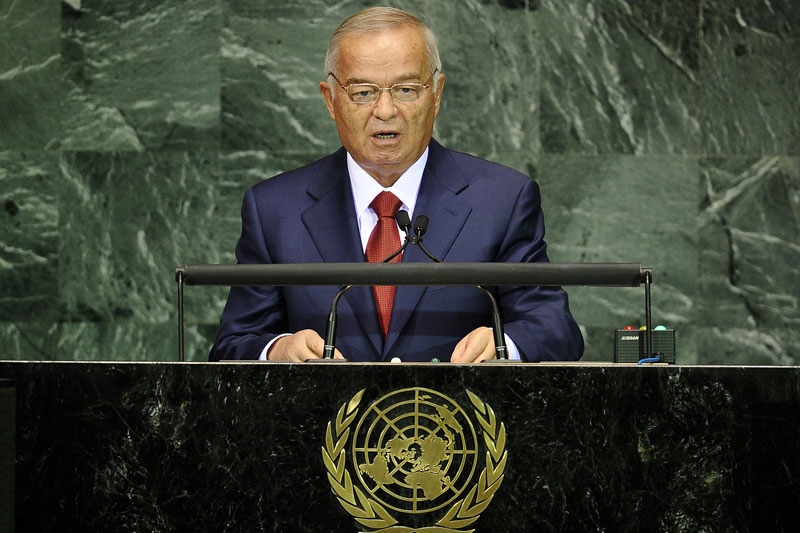Lawsuit in French Court Shows Uzbekistan Mindful of Its Image

What's the definition of the word "dictator?" As strongmen wobble or fall across the Middle East, a Paris court gets to weigh in on the question usually reserved for a political science class.
The country in focus is Uzbekistan, a vast Central Asian state with a political system that can be charitably described as authoritarian. Many observers have used far stronger language, particularly after government troops shot and killed hundreds of protesters in 2005.
The reason a French court is involved is because the Uzbek president's daughter got upset about an article that called her, among other things, "a dictator's daughter." The woman serves as Uzbekistan's envoy to the Paris-based UNESCO, and is the younger of the two jet-setting sisters who have traversed Europe with a clutch of glamorous occupations, including diplomacy, jewelry design, and charity.
The article, published by a French website Rue89, says the younger daughter uses her high-profile international perch to "whitewash her country's image."
The lawsuit comes at a time when Uzbekistan is enjoying a rapprochement with Washington and many European capitals, fueled in large part by the war in Afghanistan, in which neighboring Uzbekistan plays a useful logistical role.
Whether the lawsuit is part of a concerted effort by the regime to strike back at its many critics or simply a one-off outburst of wounded pride, the court proceedings are likely to further expose the inner workings of Uzbekistan to international scrutiny.
Philip Shishkin is an Asia Society Bernard Schwartz Fellow.

